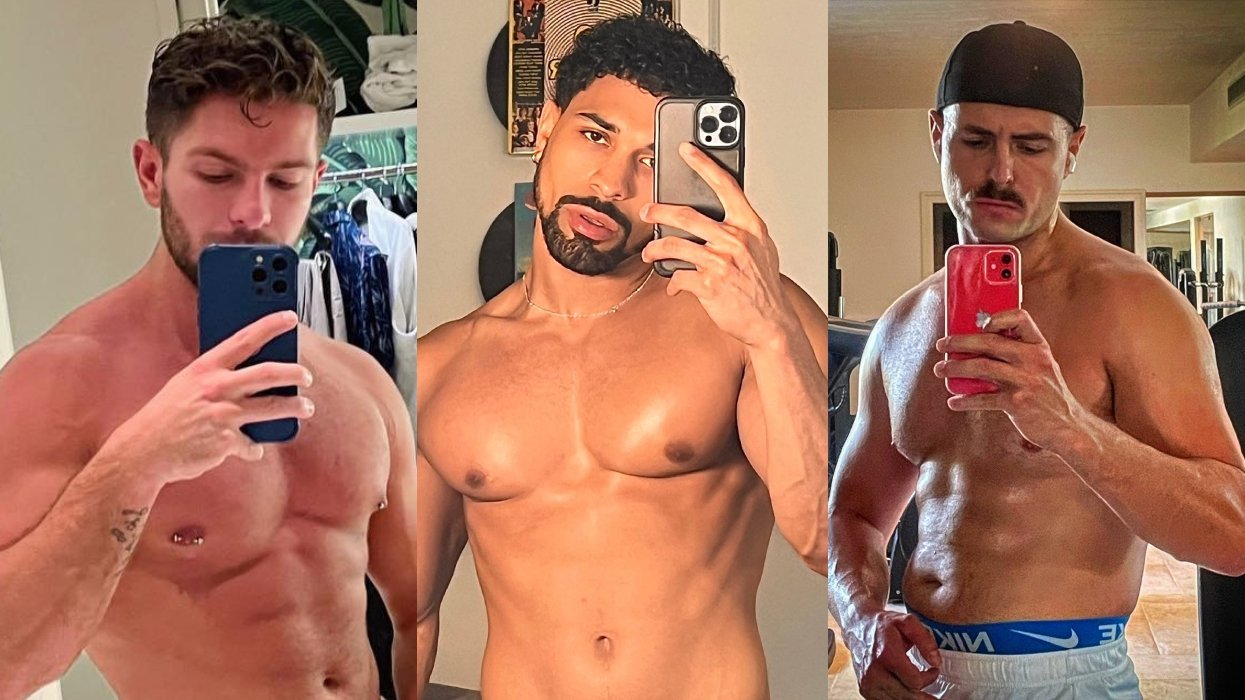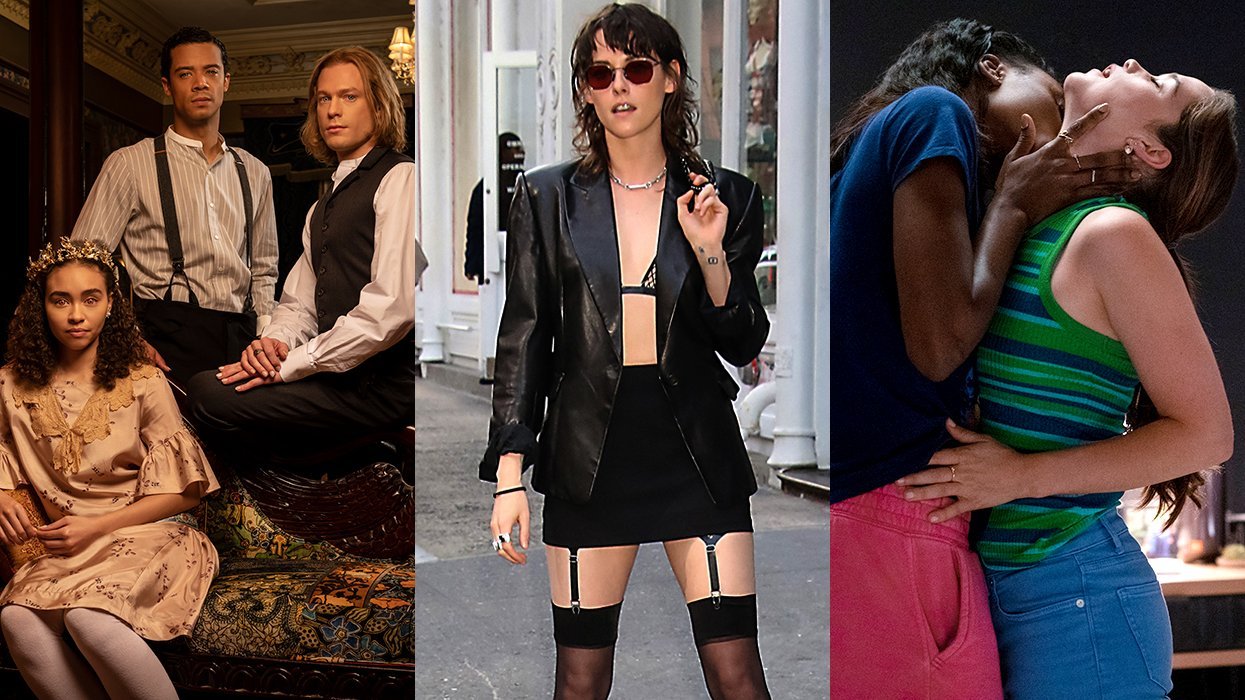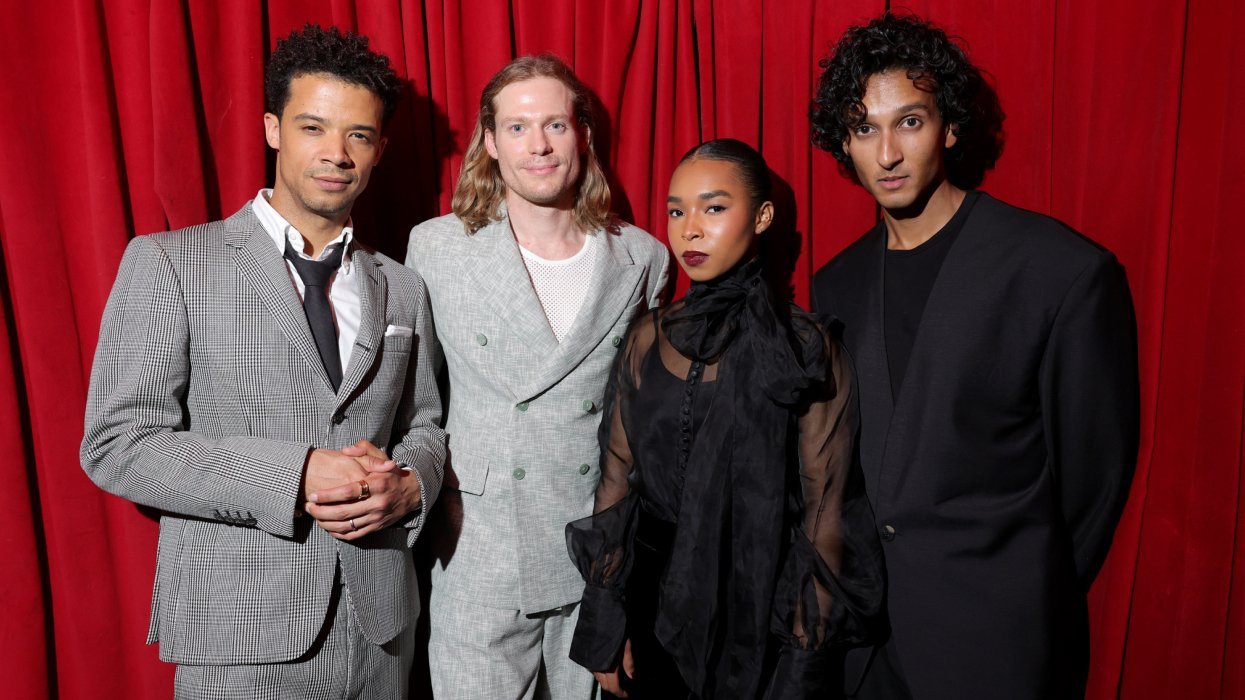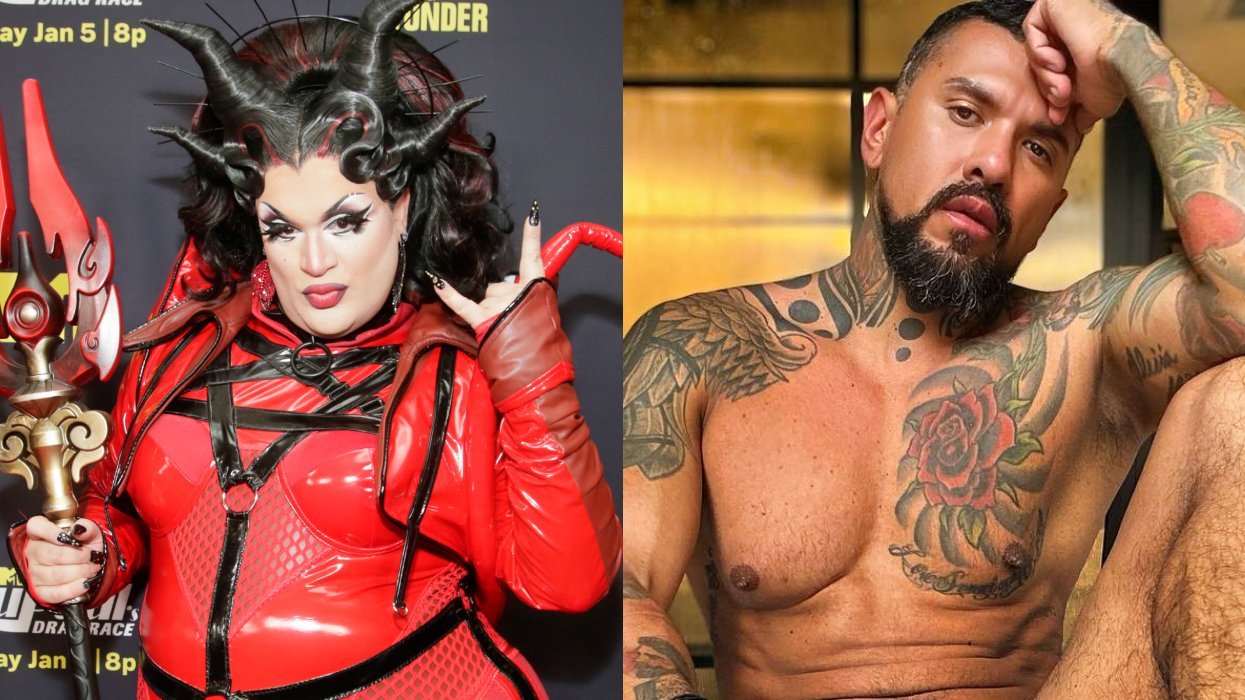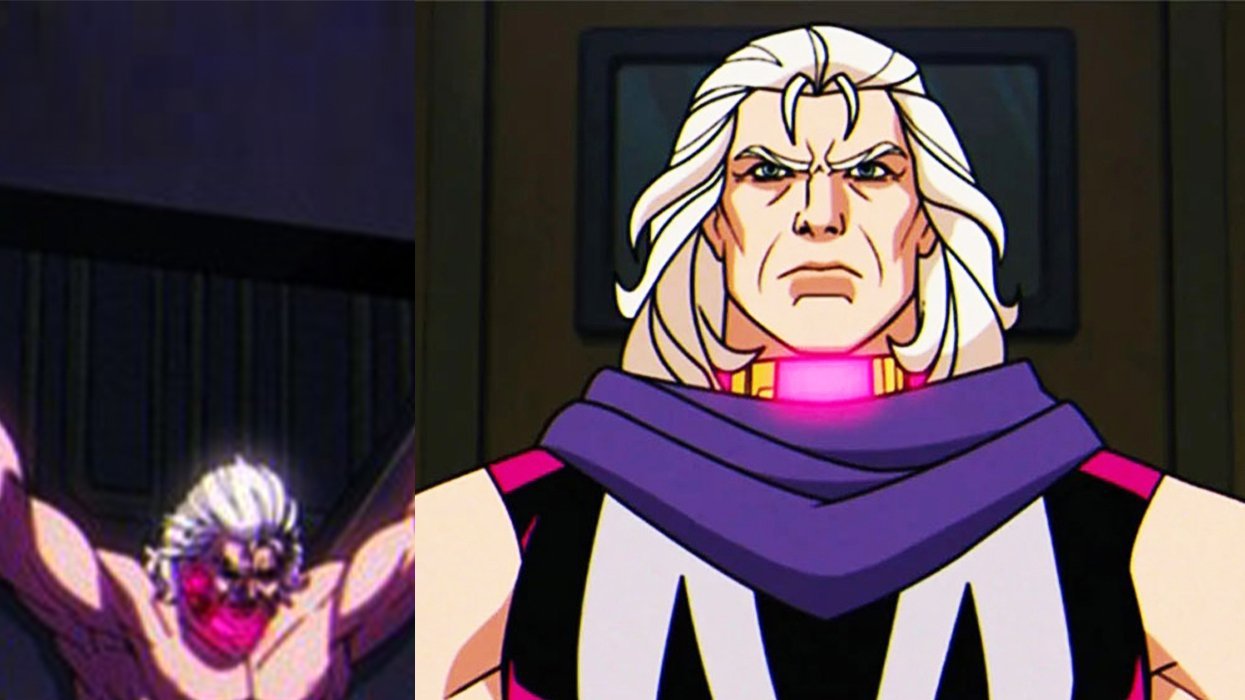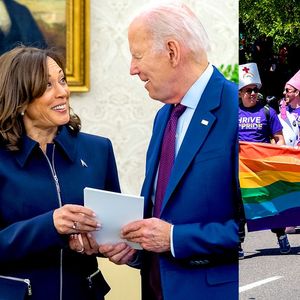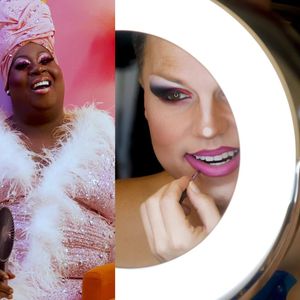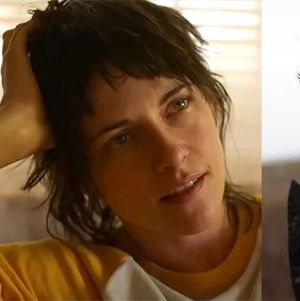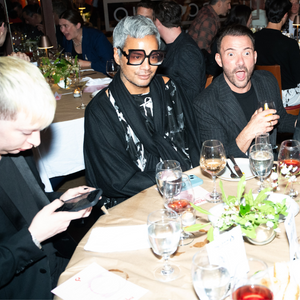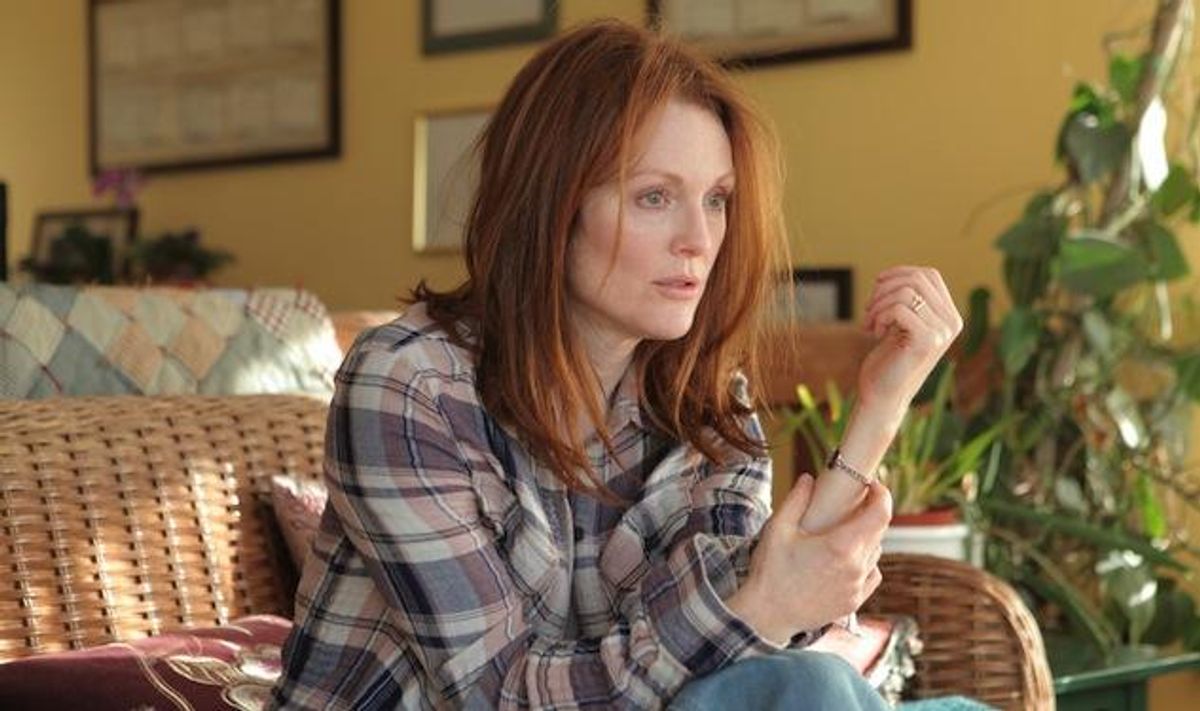
CONTACTStaffCAREER OPPORTUNITIESADVERTISE WITH USPRIVACY POLICYPRIVACY PREFERENCESTERMS OF USELEGAL NOTICE
© 2024 Pride Publishing Inc.
All Rights reserved
All Rights reserved
Scroll To Top
By continuing to use our site, you agree to our Private Policy and Terms of Use.
Some of the best movies by the best gay filmmakers are not about gay people. Think of the legends: Cocteau, Visconti, Almodovar elevated world cinema by extending their sensibilities to address the essence of the human condition as in Orpheus, Bellissima, Senso, White Nights; often by concentrating on universal experiences or a female lead character whose actions and emotions illuminate all relationships as in Women on the Verge of a Nervous Breakdown. That's the model Richard Glatzer and Wash Westmoreland follow in Still Alice.
Julianne Moore plays linguistics professor Alice Howland, a 50-year-old married mother of three, who is diagnosed with Early-Onset Alzheimers Disease. How she suffers the loss of her thinking ("I am defined by my intellect, articulation, language") makes for a story of identifiable sorrow and tenderness. Glatzer and Westmoreland, partners who live together and have made collaborative films since 1994, think and feel outside the gay ghetto. Westmoreland, whose filmmaking apprenticeship includes several porn features, expands their repertoire.
Still Alice's non-frivolous subject has personal significance for the duo (Glatzer was diagnosed with ALS in 2011) but the film is notable for the continually broadened scope of their filmmaking (beginning in 2006 with Quinceanera which observed a teenage Latina's coming of age). Awareness of the larger world is also part of Glatzer and Westmoreland's humanity, their gay humanity, their artistry.
The essential subject matter of art does not change for gay artists. Alice's interactions with husband John (Alec Baldwin), son Tom (Hunter Parrish) and daughters Anna (Kate Bosworth) and Lydia (Kristen Stewart) have the requisite--and recognizable--tonal differences to make their varied personalities credible. Some scenes recall the familial insight of Thomas Bezucha's The Family Stone, another outside-the-gay-ghetto touchstone.
In Still Alice's best scenes, Glatzer and Westmoreland convey the value we place on our human functions and the complexity of family tensions. They casually and pointedly detail Alice's life habits: teaching, cooking, cleaning, speaking--everyday rituals that foreground and introduce mortality.
Westmoreland and Glatzer engage Alice's dilemma by showing what gay artists have learned from the AIDS crisis about humanity and mortality--from porn to profundity. The AIDS experience has taught the world compassion. That lesson is felt, despite the film's stylistic ordinariness, in Alice's conflicts with rebellious Lydia whose struggling acting career mirrors Alice's clinical struggle with self-expression. Moore and Stewart have complementary acting rhythms with Stewart showing intensely beautiful anger and remorse; she channels it into Lydia's performance of a scene from Chekhov's Three Sisters and her own recitation of a speech from Angels in America, Part II (Perestroika).
Playwright Tony Kushner wrote Angels in America as an attempt to exceed party politics and sexual politics through visionary poetry ("souls were rising, floating up like sky divers in reverse"). He implied that spirituality transcends sexuality and his effort is affirmed when Alice fumbles to describe the play's scope but says "scape." It's a good gaffe because the landscape of gay filmmaking needs precisely the expansion of storytelling territory as Glatzer and Westmoreland demonstrate. That's how Still Alice differs from gay filmmaker Todd Haynes' repugnant Safe (1994), in which Moore also played a heterosexual woman plagued by illness.
Haynes' inability to empathize except with pathological conditions is an artistic disability. It is the opposite of what Cocteau, Visconti and Almodovar have taught; opposite the broad humanity gay director Patrice Chereau showed in Son Frere, which transferred AIDS crisis to a wider experience; opposite Robert Altman's great leap forward into female and gay consciousness in Come Back to the 5 & Dime, Jimmy Dean, Jimmy Dean.
Moore's Alice, struggling with "the art of losing," isn't a high camp virago like a drag version of Bette Davis in Dark Victory or Susan Hayward in Stolen Hours; neither is she a non-camp drip like her role in Haynes' pseudo soap-opera Far From Heaven. Dealing with non-gay experience so sensitively, Glatzer and Westmoreland consider our spirituality. Still Alice awakens our human responses.
Still Alice opens for a one-week awards qualifying run in New York City and Los Angeles on Dec. 5. Watch the trailer below:
Want more breaking equality news & trending entertainment stories?
Check out our NEW 24/7 streaming service: the Advocate Channel!
Download the Advocate Channel App for your mobile phone and your favorite streaming device!
From our Sponsors
Most Popular
38 Male Celebs Who Did Full Frontal Scenes
November 17 2023 5:18 PM
These are all the celebrities Who came out as LGBTQ+ in 2023
December 31 2023 12:19 PM
29 LGBTQ+ celebs you can follow on OnlyFans
April 18 2024 1:00 PM
26 actors who showed bare ass in movies & TV shows
February 28 2024 1:50 PM
16 times male celebrities had to say they weren't gay
April 17 2024 11:57 AM
21 LGBTQ+ reality dating shows & where to watch them
April 03 2024 4:01 PM
15 Unforgettable Gay Kissing Scenes From TV & Movies
February 14 2024 10:20 AM
14 queens who quit or retired from drag after 'RuPaul's Drag Race'
April 04 2024 12:56 PM
40 steamy celebrity Calvin Klein ads we'll always be thirsty for
January 04 2024 10:54 AM
The 15 Best LGBTQ+ Movies of 2023
December 04 2023 10:32 AM
Watch Now: The Daily
Trending stories from our video partner Advocate Channel.
For more videos and shows go to advocatechannel.com.
Trending stories from our video partner Advocate Channel.
For more videos and shows go to advocatechannel.com.
Latest Stories
May 3, 2024
3h
Meet Sean Palmieri, 'Selling the OC's bisexual hottie
May 02 2024 2:50 PM
5 other Luca Guadagnino films you NEED to watch if you liked 'Challengers'
May 02 2024 2:09 PM
Anne Hathaway was on Nicholas Galitzine's bucket list of queens to work with
May 02 2024 1:58 PM
Spice up your space with the top 10 sexiest queer art on The Pride Store
May 02 2024 1:43 PM
Seeing sexy Magneto tied up has gay 'X-Men '97' fans going absolutely feral
May 02 2024 11:53 AM
David Archuleta dishes on queer life, viral TikToks & 'Hell Together'
May 01 2024 8:12 PM
Trixie Mattel reveals 'break from music' & calls out 'glass ceiling' for queens
May 01 2024 4:20 PM
Daniel Radcliffe won't apologize for standing up to J.K. Rowling's transphobia
May 01 2024 4:14 PM
'Sausage Party' is giving us a 'hole season' of a brand new sequel series
May 01 2024 1:59 PM
The 5 best LGBTQ+ movies of 2024 (so far!)
May 01 2024 1:23 PM







